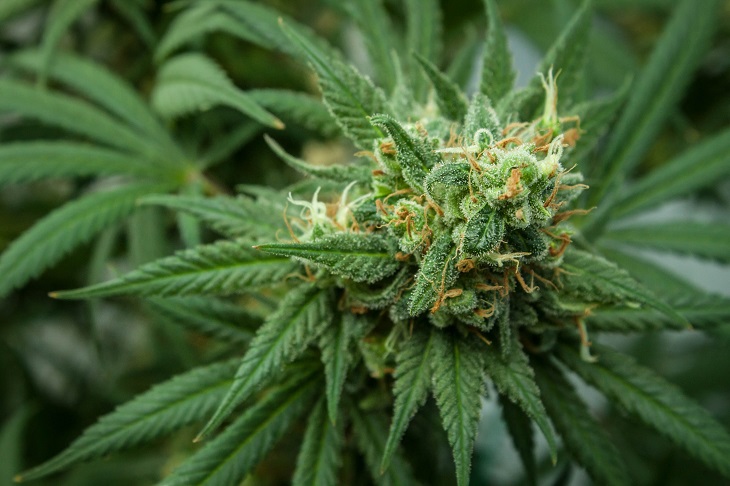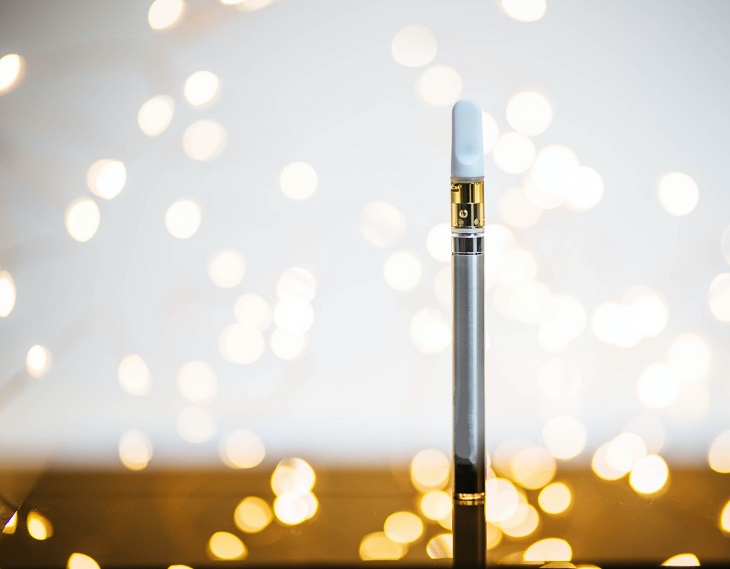Since 2016, Pennsylvania’s compassionate medical cannabis legislation, SB3, has offered those with certain medical conditions relief in the form of medical marijuana. Recently, Pennsylvania surpassed $1 billion in all-time sales of medical marijuana. Evidently, the program is quite successful.
If you’re a Pennsylvania resident and interested in finding out if you qualify for medical marijuana, then read on for all you need to know.
Is Marijuana Legal In Pennsylvania?
Medical marijuana is legal in Pennsylvania, but recreational use is illegal. In some cities, being caught with a small amount of marijuana will not get you in trouble, but it does remain illegal at the state level.
Qualifying Medical Conditions For MMJ In Pennsylvania
Several conditions qualify you for medical marijuana in Pennsylvania. Anyone with a terminal illness qualifies, as well as anyone diagnosed with:
- Autism
- Sickle cell anemia
- Amyotrophic Lateral Sclerosis (ALS)
- Severe intractable or chronic pain
- Cancer
- PTSD
- Crohn’s disease
- Parkinson’s disease
- Damage to the spinal cord
- Neuropathies
- Epilepsy
- HIV
- Multiple Sclerosis
- Glaucoma
- Seizures
- Inflammatory Bowel Disease
Cancer remission therapy is also a qualifying condition for medical marijuana in Pennsylvania. Children under the age of 18 with a medical condition that qualifies under the law can also be given an MMJ card. A parent, legal guardian, or caregiver will need to administer the MMJ to the minor under the Safe Harbor Letter, which allows them to possess and administer MMJ on behalf of the minor.

Anyone who is registered as an MMJ patient (and their caregiver) is protected from discrimination, arrest, and prosecution under the MMJ laws in the state. These legal protections do not cover the user or caregiver until their MMJ card has been received. It’s also important to note that it is not required for employers to accommodate the use of MMJ by employees on-site.
Having A Physician Certify Your Condition
Under Pennsylvania law, patients must be under the care of a doctor who can issue them certification for medical marijuana during an in-person visit. Certifications are required to state that the patient does indeed have one of the qualifying conditions and that it is believed they will benefit from the use of medical marijuana. A doctor must register and report to the state Department of Health if the qualifying patient no longer needs access to MMJ due to improved status in their condition.
Limits On Usage
There are only certain types of products legally available in Pennsylvania for MMJ users: oils, creams, tinctures, gels, pills, ointments, non-whole plant forms for consumption through vaporization, and liquid.
It is not legal to sell MMJ edibles at MMJ dispensaries in Pennsylvania. However, it is legal to introduce MMJ products into items you eat or drink if that is how the patients prefer to administer them. You cannot smoke MMJ, either. Dried flower vaporization is now legal in the state, but it still cannot be smoked.
MMJ Dispensaries In Pennsylvania
Only 150 dispensaries are allowed to legally operate in the state at once. Each dispensary can have up to three locations. Dispensaries must submit applications to become state-sanctioned.
Fees For A Pennsylvania MMJ Card
There is a $50 fee to apply for a medical marijuana card in Pennsylvania. You’ll need a state-issued identification, such as a driver’s license with a current address, to apply, and a background check must be completed.

Can You Use A Pennsylvania MMJ Card In Another State?
Using an MMJ card from another state to access medical marijuana is called reciprocity. In Pennsylvania, no reciprocity is offered. The state does not recognize the MMJ programs of other states; its MMJ program is only open to residents of Pennsylvania.
The Pennsylvania medical marijuana program is a great thing for the 300,000+ residents who have taken advantage of it so far. If you have questions about MMJ in PA, contact the Pennsylvania Department of Health, which administers the program, to have your questions answered. You should also discuss this program with your doctor if you feel you qualify for it, and if it might help you to live a more productive, pain-free life.
Featured image by Scott Serhat Duygun on Unsplash
